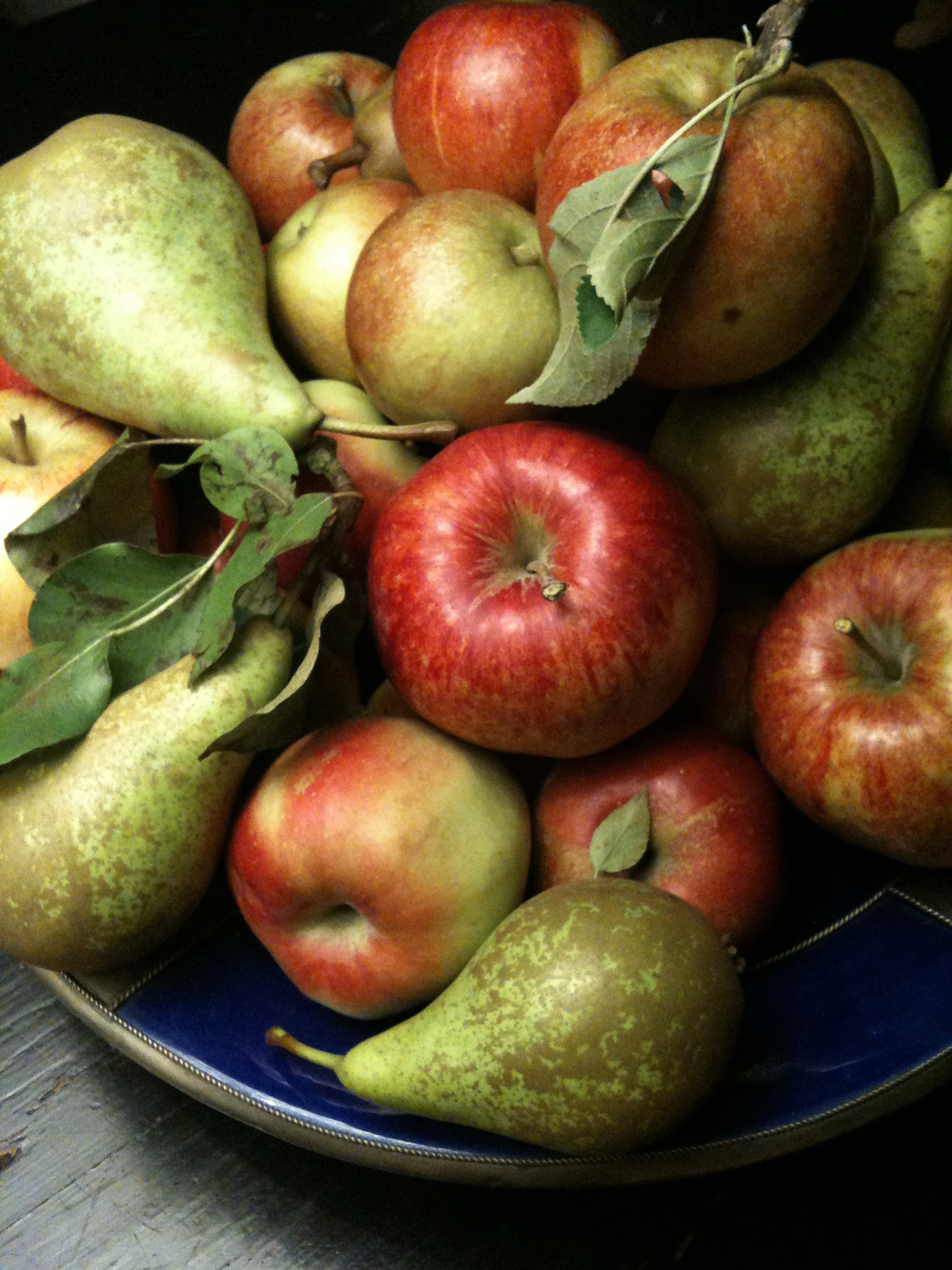Melbourne is a city seemingly ravaged by hunger. Be it a scrumptious brunch or an appetising afternoon tea, Melburnians are constantly prowling for the best brewed coffee and the biggest of the big breakfasts. A city celebrated for its multicultural cuisine and café congested alleyways, it didn’t take long for organic produce to nudge its way onto menus and weekly grocery lists. The release of Stanford University’s meta-analysis comparing conventional and organic foods has reignited the debate over the virtues of organic food.
While the
results seemed to suggest that organic produce is no more nutritious than those conventionally grown, consumers of organic products are yet to be convinced. As twenty-somethings sip on their fair trade coffees and scoff slightly toasted grain bread with slow roasted tomatoes and free-range eggs (poached, always poached) it’s worth asking if the term has transformed into a socially valuable slogan rather than a symbol of better nutrition.
“The study is flawed. By this I mean it had the best of intentions but raised a question that is impossible to answer,” says Liza Oates, course coordinator of Food as Medicine at RMIT University. “The study wanted to ask the question because they felt the public wanted an answer to it, but the key issue here is do organic consumers think this, and do they really care. The study only compared the nutritional difference between organic and conventional foods. You can’t just pick two apples off the same tree and get the same nutritional profile.”
While the study suggests organic consumers aren’t getting what they pay for, nutritional value is but a mere bonus for consumers buying chemical free produce. “The other factor that was not discussed was that organic consumers aren’t just interested in their own health, they are interested in the environmental difference they are making,” says Oates. “Taste is lower down the list.”
For some though, the health of their families and the environment is always a top priority. “It worried me a little that I couldn’t be sure that the food was as pure as I would want it to be, and I guess I worried about the health implications of eating foods that had hidden nasties,” says Jenny Dimond, a Rosanna mother of three. Dimond believes the costly price and lack of availability is the reason more people don’t buy organic. “I think that there are other issues that prevent people buying organic and that includes not knowing what is available on the market. Also, most organic products are limited in their range,” says Dimond. “People buy so much from habit and don’t always look around to see what other products are available, and since organic products aren’t all that well advertised, most steer away from choosing organic.”
What the Stanford study perhaps failed to assess was the reasoning behind people’s decision to pay premium price for organic produce. Ripe Organics co-owner Andy Heeps joined the organic crusade 16 years ago at his Queen Victoria Market stall after he and his brother, Paul, decided to take their home delivery service to the next level. “We started with the home delivery service because I wanted to eat organic myself,” says Heeps. “People are attracted to organic for a number of reasons. There is the perceived health benefits, the quality of the produce and the overall intensity of the flavour. But if we make organic produce too cheap, then organic growers won’t want to grow anymore,” says Heeps.
Although it seems you’re either all-in or all-out when it comes to consuming organic produce, for some it’s becoming a bit too much to digest. For Nina Kafka, a mother of three who has recently moved back to Australia from her native Gemany, the cost and relative unavailabilty of organic labels is the ultimate deterrent here in Melbourne. “I used to buy lots of organic in Germany, here I am not. I think it’s harder to find and more expensive,” says the Viewbank mother. “Right now the people who buy organic are the ones who think about the food they buy more than others. They invest in it and don’t mind paying more.”
Eryn Crowl

